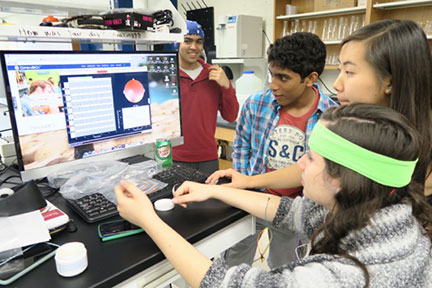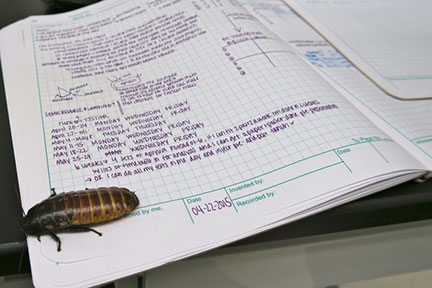Home > Research & Academics > Research Labs > Neuroscience
Neuroscience Lab
Director |
Mr. Mark Hannum |
 |
Founded |
2007 |
|
Description |
Neuroscience, as a field, is focused on understanding the brain, central nervous system, and how these amazingly complex systems develop. Neuroscientists seek to understand the impact of the brain on behavior and cognitive functions, as well as the implications and causes of neurological, psychiatric, and neurodevelopmental disorders. In its early days Neuroscience was considered a sub-discipline of Biology, however as the field has matured, it has become its own stand-alone interdisciplinary science that combines other disciplines such as mathematics, linguistics, engineering, computer science, chemistry, physics, and psychology. The TJ Neuroscience lab focuses on three main areas of research: Behavioral Neuroscience, Computational Neuroscience with Brain Machine Interface, and Fundamental Neuroscience through electrophysiology. Because of the wide interests of this lab (and the general interdisciplinary nature of Neuroscience) the lab attracts students with strong backgrounds in Biology, but also Computer Science, Mathematics, Electronics, and other Engineering fields. There are pre-requisite tracks through all of these areas leading to becoming a member of the senior research lab. |
|
Projects |
|
|
Specialized |
|
|
Sponsors/ |
|
|


